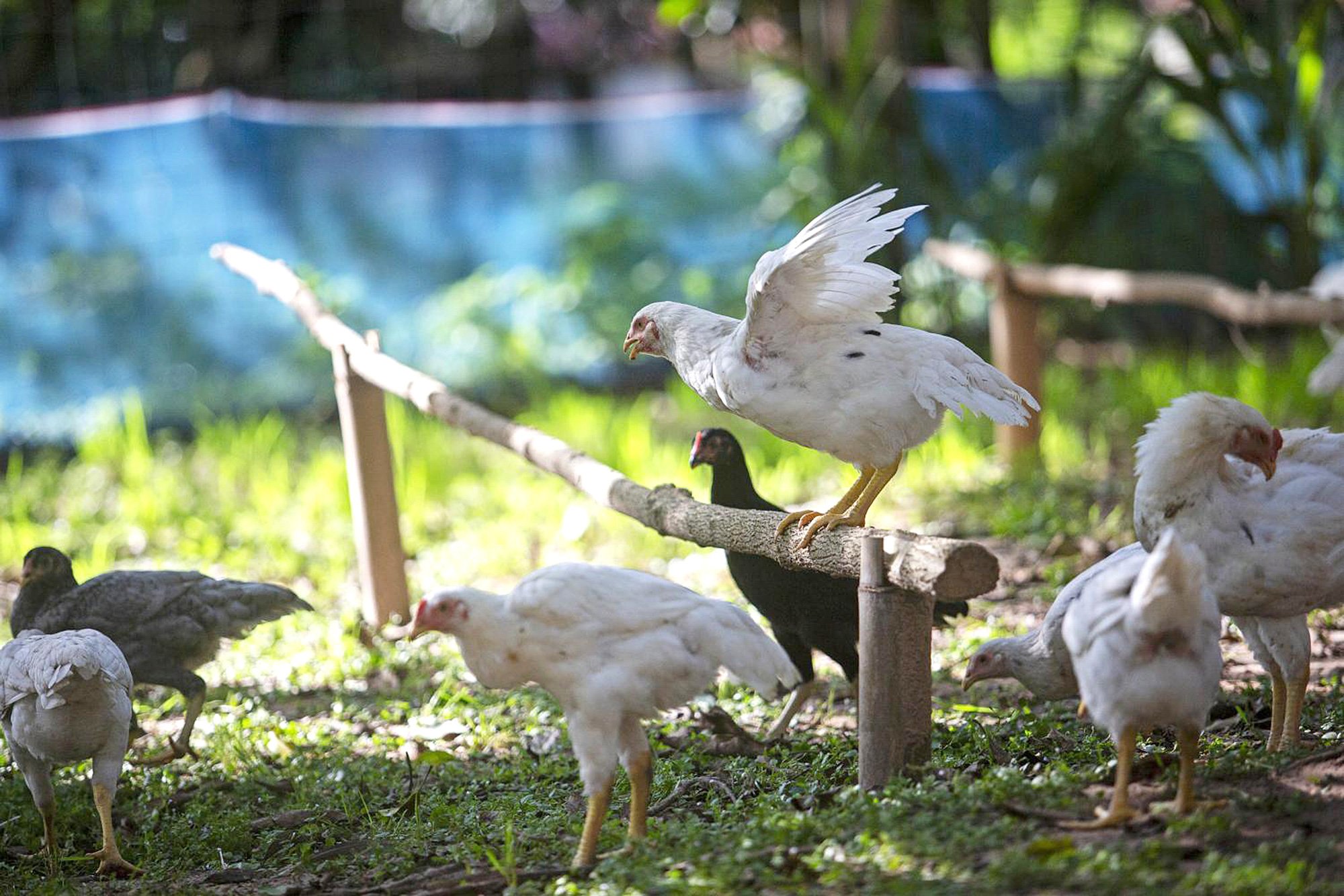
Chickens at Thepsiri farm under the Farm Champion project in Ubon Ratchathani city, Thailand - Photo: WAP THAILAND
Raising poultry in a way that ensures animal welfare has become a trend in recent years, as consumers become increasingly concerned about the origin of their food. Thailand's Farm Champion project is one such model.
In order to improve chicken farming standards, World Animal Protection (WAP) Thailand has cooperated with the School of Livestock Technology and Innovation at Suranaree University of Technology (SUT) to launch the above project.
Pet-centric
The Farm Champion project provides more than 1,000 korat chickens (a cross between imported and native Thai chickens) to 11 farms across six provinces in Thailand, aiming to encourage small-scale farms to adopt high-welfare farming practices, according to the Bangkok Post .
WAP Thailand representative, Ms. Paew Pirom, shared that the industrial chicken farming model has caused suffering to billions of chickens every year in Thailand. Therefore, the Farm Champion project was initiated with the aim of improving this situation, aiming at raising animals according to ethical standards, ensuring animal welfare and sustainable development in food production.
According to Ms. Paew Pirom, animal welfare means respecting and appreciating animals. Most people do not care about the living conditions of the animals they consume every day, however, animal welfare is closely related to food quality.
“Farm Champion is an animal-centric project that aims to improve chicken farming in Thailand. It is difficult to change the traditional farming model, so WAP is gradually encouraging smallholder farmers to adopt high-welfare chicken farming methods,” said Ms. Paew Pirom.
On large farms, chickens live in cramped spaces the size of an A4 sheet of paper and are rarely exposed to sunlight. What’s more, sick chickens are not isolated or treated with specific drugs. Instead, farmers often mix antibiotics into the feed of the entire flock, leaving antibiotic residues in the meat and increasing the risk of antibiotic resistance in humans.
In contrast, the Farm Champion project does not use antibiotics and chemicals. Chickens in this project can live naturally and enjoy benefits such as a clean environment. In addition, the entire breeding process will be monitored from the first days until the meat is harvested.
Surprisingly, the cost of building a chicken farm according to Farm Champion standards is only about 3,000 USD, while the investment cost in traditional farms ranges from 30,000 - 300,000 USD.
Improving chicken welfare
In order to meet ethical standards in animal husbandry, a project called Kurofuji Farm in Yamanashi Prefecture (Japan) has started raising chickens without cages, with about 3-4 chickens/m², to create a comfortable living environment for them, according to Japan News .
This is in stark contrast to the conventional scale of chicken farming in most Japanese farms, where chickens are kept in cages almost all the time at a density of around 20 birds per square meter. While this method may be more economically efficient, it does not ensure the welfare of the birds.
"Even if sales are lower than cage-raised chickens, we still want to express our gratitude to the chickens and ensure they live in the least stressful environment possible," said a representative of Kurofuji Farm, adding that the project has supported at least 10 farms across Japan to change their farming methods since 2019.
Meanwhile, Bostock Brothers - New Zealand's only free-range organic chicken farm - is famous for its 100% organic farming process. Bostock Brothers' owners personally handle all steps from preparing chicken feed, processing chickens to marketing and selling them, according to Idealog, a website representing New Zealand's innovative businesses.
Inspired by their family’s passion for organic food, the Bostock brothers set out to build a 100% organic chicken farm. Everything is organic, from the grain to the chicken feed. It is also the only chicken farm in New Zealand that does not use antibiotics.
Bostock Brothers differs from other industrial farms in the land of kiwis by having smaller flocks but more space for the chickens to roam. In addition, this farm also regularly monitors its carbon footprint with the goal of becoming a carbon neutral business.
Differences in raising chickens in a sustainable model
After participating in the Farm Champion project, some farm owners noticed strange things about their chickens that they had never seen before.
They shared that unlike chickens raised on industrial farms, the project’s chickens seem happy to wait for the gate to open so they can go out and scratch freely and forage. Some prefer to stay in the coop, while others are comfortable sunbathing, jumping on logs or relaxing under the shade of trees.
Source: https://tuoitre.vn/nuoi-ga-kieu-moi-khong-khang-sinh-cho-ga-tam-nang-chay-nhay-20241016214344561.htm


![[Photo] President Luong Cuong attends the inauguration of the international container port in Hai Phong](https://vphoto.vietnam.vn/thumb/1200x675/vietnam/resource/IMAGE/2025/5/13/9544c01a03e241fdadb6f9708e1c0b65)
![[Photo] Prime Minister Pham Minh Chinh meets with US business representatives](https://vphoto.vietnam.vn/thumb/1200x675/vietnam/resource/IMAGE/2025/5/13/5bf2bff8977041adab2baf9944e547b5)







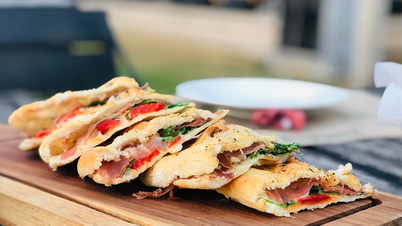
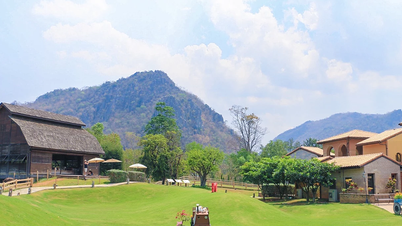









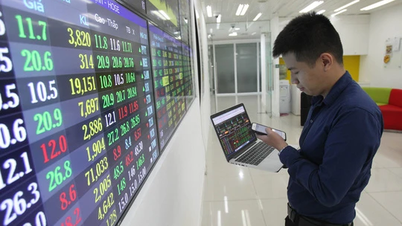




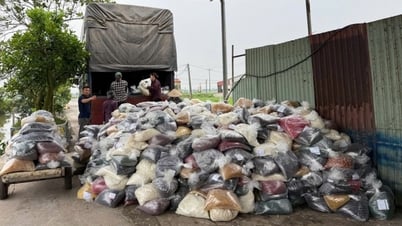
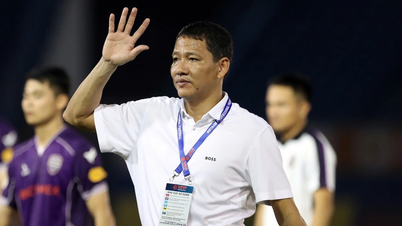



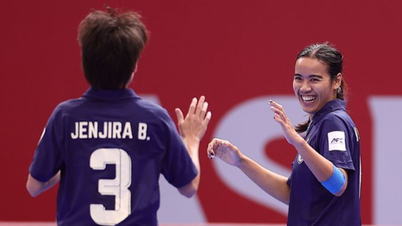





















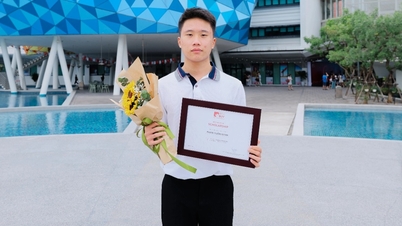

























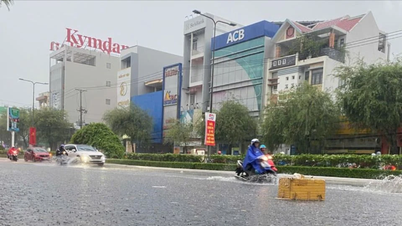
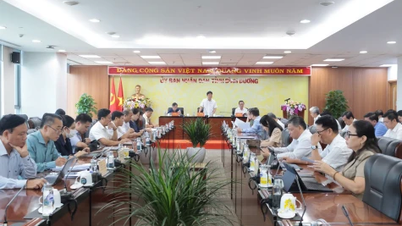



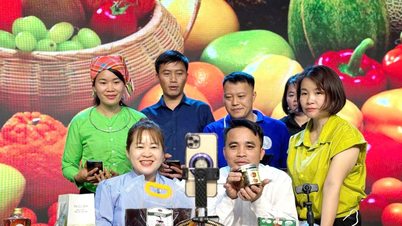












Comment (0)